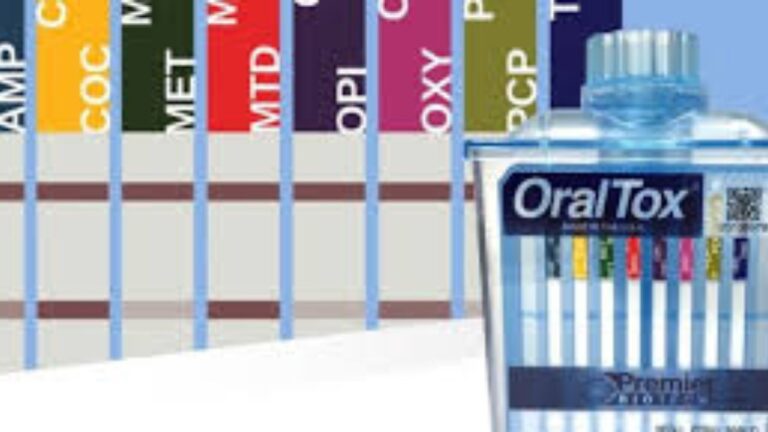
herbciepscam
What is Herbciepscam and Why is It Trending?
In a time where digital safety is more important than ever, unfamiliar terms like herbciepscam tend to raise eyebrows. Whether it’s a misunderstood phrase or a hidden online scam, herbciepscam has become a buzzword in certain corners of the internet. Its vague nature and sudden appearance have left many internet users confused, prompting them to ask: is it something to worry about?
This article will take a closer look at herbciepscam where it’s coming from, what it could represent, and how you can ensure your online safety while navigating unfamiliar territory.
Understanding the Confusion Around Herbciepscam
Is It a Real Threat or Just a Typo?
The keyword herbciepscam appears to have little to no official presence online. There’s no recognized brand, organization, or verified scam website directly connected to it. However, its unusual structure and the word “scam” embedded in it have caused concern.
Many users who come across herbciepscam do so in suspicious contexts: browser redirects, odd pop-up messages, or low-trust websites. That alone is enough to raise red flags, even if there’s no direct evidence linking herbciepscam to fraud.
So, is herbciepscam an actual scam? Possibly but the more likely scenario is that it represents a pattern of shady activity rather than one specific threat.
Why Terms Like Herbciepscam Appear Online
Manufactured Names to Trick Users
Scammers and shady marketers often generate random or semi-random names to mask their real identity. These names, like herbciepscam, might be created using algorithms or keyword mashups designed to trick search engines or avoid detection.
Here’s why suspicious terms like herbciepscam might appear:
-
To Redirect Traffic: Some scam sites use fake links or bot-generated keywords to lure unsuspecting users.
-
To Bypass Filters: Scam detection software might miss these made-up terms, giving scammers a chance to operate longer.
-
To Confuse Users: Confusion can cause users to click without thinking, especially when curiosity is piqued.
Understanding this can help you stay one step ahead of digital deception.
Spotting a Scam: Is That Website Connected to Herbciepscam?
Common Warning Signs to Look Out For
Even if herbciepscam is not a specific scam, it may appear on websites that display classic scam indicators. Here are a few to watch for:
-
Poor Design and Broken Links: If the site looks unfinished or broken, it’s likely untrustworthy.
-
No Company Information: A lack of About Us, contact details, or privacy policy is a serious red flag.
-
Unrealistic Promises: Claims like “Win a free iPhone today” or “Guaranteed money in 24 hours” are typically bait.
-
Pushy Pop-ups: Aggressive ads pushing users to click immediately could signal danger.
Any site associated with herbciepscam that displays these signs should be avoided.
What to Do If You See Herbciepscam in a Link or Message
Practical Steps to Stay Safe
Coming across the term herbciepscam doesn’t mean you’re automatically at risk, but it does mean you should be cautious. Here’s what to do:
-
Don’t Click the Link: Whether it’s in an email, SMS, or comment section, avoid interacting with suspicious links.
-
Use URL Checkers: Online tools like Google Safe Browsing or VirusTotal can scan links for malware or phishing.
-
Clear Your Browser Cache: If you clicked on a suspicious page, clear cookies and browsing history to prevent tracking.
-
Run a Security Scan: Use reliable antivirus or anti-malware software to ensure your system remains secure.
-
Report the Link: You can help others by reporting shady links to cybersecurity services or search engines.
Your digital safety starts with small, preventative actions like these.
Why It’s Important to Question Unknown Terms Like Herbciepscam
Protecting Yourself in the Era of Digital Deception
Even if herbciepscam is simply a confusing, meaningless term, it highlights a larger issue: the internet is full of unknowns. New threats emerge daily, often disguised with obscure names to escape early detection.
Learning how to approach unknown or suspicious-sounding terms is crucial. Just like herbciepscam, other phrases may appear with no context, used to lure in victims. By staying alert and informed, you minimize the risk of falling for scams or exposing your data.
Staying Secure: Tools and Habits That Help
Be Proactive, Not Reactive
To stay safe from scams—herbciepscam or otherwise—consider adopting these best practices:
-
Use Strong Passwords: Unique passwords for each account protect you if one gets exposed.
-
Enable Two-Factor Authentication: This adds an extra layer of protection to your logins.
-
Update Regularly: Outdated software can leave you vulnerable to exploitation.
-
Educate Yourself: Follow trusted cybersecurity blogs or news outlets to stay informed about threats.
-
Avoid Clicking Suspicious Ads: Especially those with flashy claims or countdown timers.
Is There Any Legitimate Use for the Term Herbciepscam?
Probably Not, But Remain Vigilant
At the time of writing, there is no known company, app, or product operating under the name herbciepscam. It appears more likely to be either a fabricated term or a placeholder name used in scam campaigns.
Still, scammers adapt fast. A seemingly meaningless term today could be turned into a malicious tool tomorrow. That’s why maintaining awareness and reporting suspicious findings is always helpful.
Final Thoughts: The Mystery of Herbciepscam
While the true origin of herbciepscam may remain unclear, its existence is a reminder to treat unfamiliar terms online with care. Whether it’s a real scam or a misleading phrase, the safest approach is to investigate first and interact later.
When in doubt, don’t click. Stay alert. Use tools to scan and verify. Most importantly, spread awareness. The more we share information about suspicious activity online, the safer the internet becomes for everyone.







